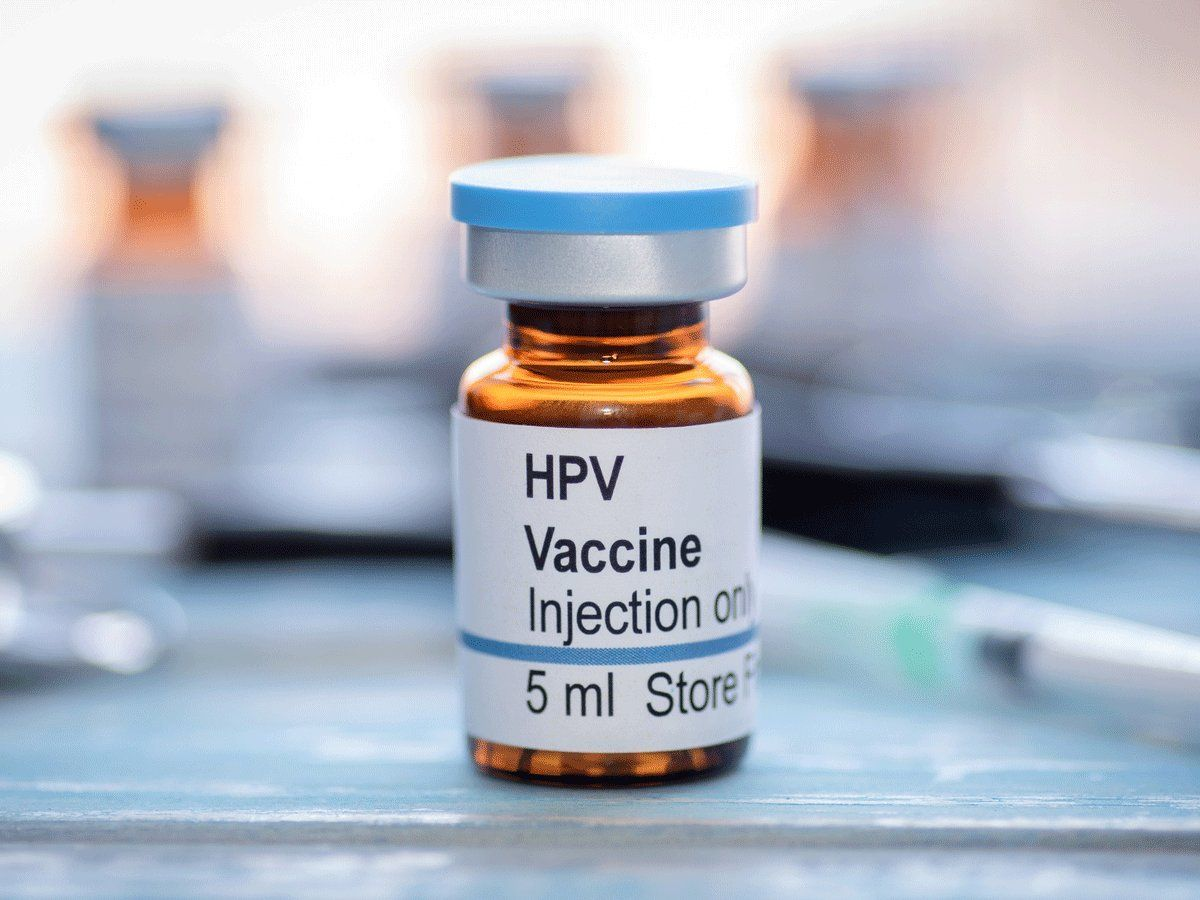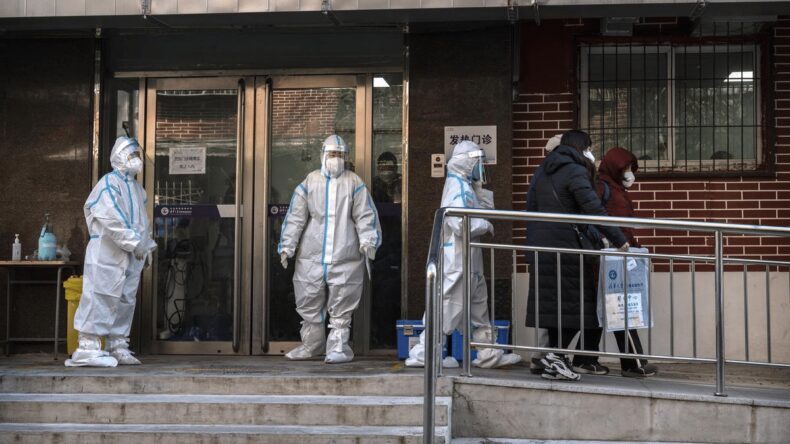In the letter by the Education and Health Minister, all states and union territories are asked to create awareness of the prevention of cervical cancer.

In a joint letter by the Union Education Secretary Shri Sanjay Kumar and Union Health Secretary Shri Rajesh Bhushan, it has been highlighted that (HPV)cervical cancer is the 4th most common cancer in women. In India, cervical cancer is the second most common cancer in women and India contributes the most significant proportion of global cervical cancer.
It is also mentioned that vaccination would be provided primarily through schools taking a grade-based approach (5th-10th). In order to reach out to those girls who are unable to attend school on the campaign day, the vaccination would be made available at a health facility while for out-of-school girls the campaign would be conducted through Community Outreach and Mobile teams based on age (9-14 years). U-WIN app is to be used for registration, recording, and reporting of vaccination.

Support from schools
Necessary directions at the appropriate level have been requested from states for successful campaign activities such as organizing HPV vaccination centers in schools for vaccination, coordinating with government schools and private school management boards in the district, and supporting in generating an up-to-date list of all types of schools (UDISE+) in each block for micro-planning so that none of the schools are missed.
There will also be a Special Parents- Teachers meeting (PTAs) to generate awareness through school teachers to all parents. It would be necessary to support the health team so that they can plan vaccination campaigns in states excluding the months of examinations and holidays.
Vaccines to save the day
Cervical cancer occurs in the cells of the cervix. The cervix is the lower part of the uterus that connects to the vagina cervical cancer is caused by chronic infection with the human papillomavirus which is a sexually transmitted virus. Currently, three types of vaccines are available for cervical cancer- Cervarix, Gardasil, and the latest Gardasil 9. Serum Institute of India is already making its own vaccine CERVAVAC and has got approval from the government to roll it out by the year-end.

CARVAVAC- Indegenous Indian Vaccine
This year in September India made its first indigenously developed vaccine to prevent cervical cancer which was named CARVAVAC, developed by the Serum Institute of India and was to cost 200 to 400 rupees a shot.
This was an important step as every year in India about 1,20,000 women are diagnosed with cervical cancer and about 67,000 women die from the disease every year. India has a population of about 400 billion women aged 15 years and older who are at risk of cervical cancer stated Dr. Nivedita Kaul’s department of obstetrics and gynecology CK Birla Hospital Delhi.

“Most sexually active women contract this infection but it doesn’t escalate further. But persistent viral colonization happens in about 20% of women in whom it can cause precancerous lesions on the cervix which can progress to cancer if left untreated.”, said Dr. Nisha Kapoor Director and HOD advanced gynae at QRG Hospital Faridabad.
Doctor Kaul mentioned that there are about a hundred different types of human papillomavirus but only certain types of cervical cancer like HPV 16 and HPV 18 full stop a woman with cervical cancer complains of unusual or irregular bleeding which occurs in between periods after sexual intercourse full stop the patient may also experience foul-smelling blood stained vaginal discharge or it could be pelvic pee.













